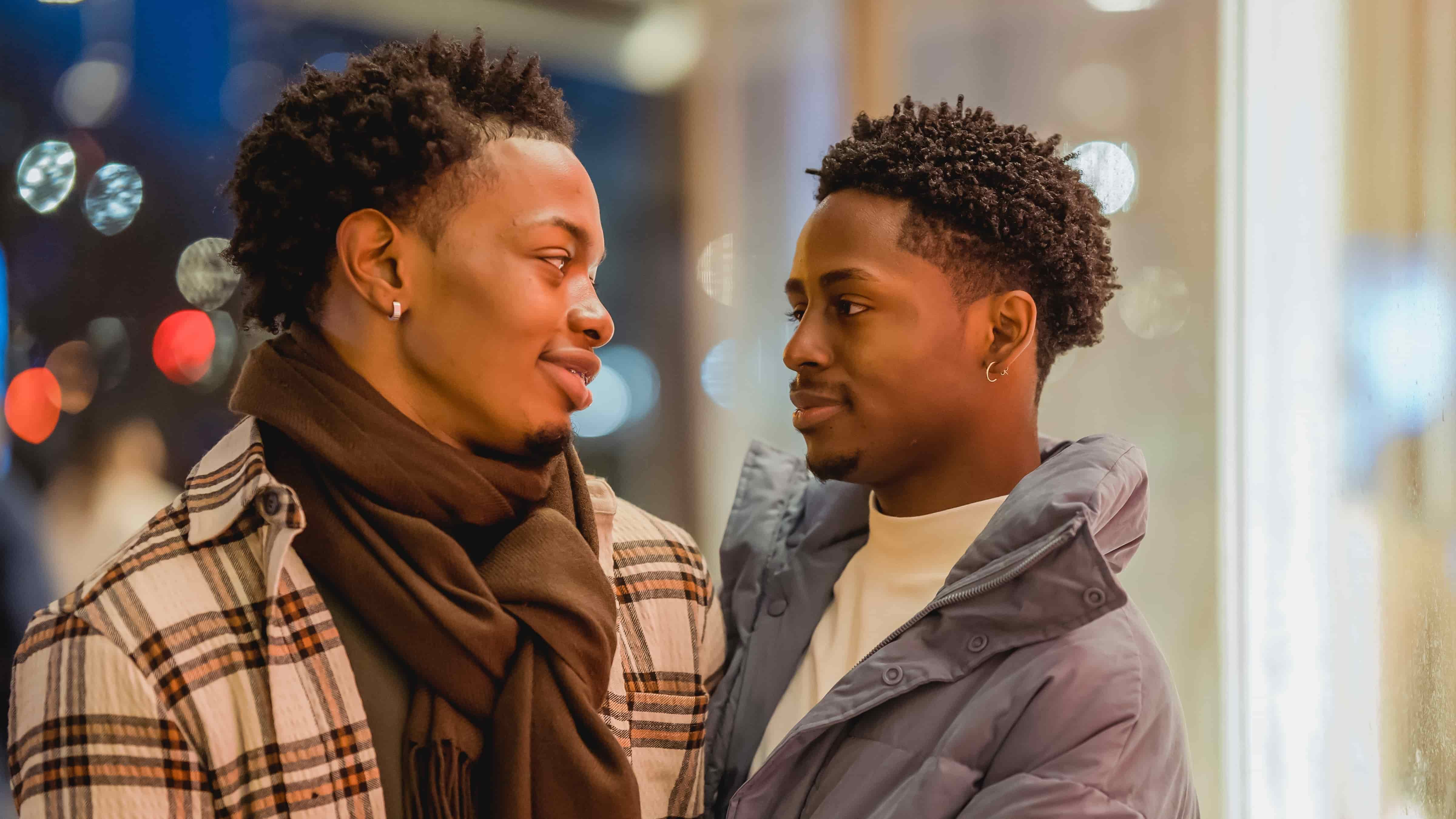Storyblocks, a subscription-based platform that provides stock content and tools for digital creators, is launching new a collection of images, videos and audio files which aim to increase representation of LGBTQIA+ communities in media.
The "Queer Spaces and Faces” campaign, featured as part of Storyblocks' Re:Stock brand, commissioned six LGBTQIA+ filmmakers to create more than 50 videos portraying people, places and communities underrepresented in digital media.
Sydney Carlton, Senior Director of Brand and Creative at Storyblocks, said the project helps advertisers, filmmakers and other emerging creators by giving them the tools they need to accurately depict today's world and "the world we want to build for future generations.”
“Through our Queer Spaces and Faces campaign, we’re setting the standard for the industry at large to ensure that diverse and represented stories are not simply met or produced as a quota, but provided as a necessity for telling real and impactful stories,” Carlton said in a statement to Blavity.
Storybook's collections feature various themes such as Black male love and queer artists. Ryan McLendon, Sannchia Gaston, Aiden Korotkin and Shannon Beveridge are among the artists whose work is featured as part of the campaign.
“Having the opportunity to show the vastness of society in a media format that has been historically behind the times was a huge honor," Korotkin said. "Re: Stock allowed me to turn the mirror to represent — through my art form — what exists in society, and create a collection that reflects that true nature of the modern world.”
According to GLAAD, an LGBTQ advocacy organization which released its annual "Where We Are on TV" report earlier this year, LGBTQ representation on broadcast scripted primetime television decreased for the first time in five years in 2020. However, the number of adults who identify as lesbian, gay, bisexual or transgender has been increasing over the past four years, according to a recent Gallup poll.
Jack Moore, writer and co-showrunner for Netflix's Dear White People, said underrepresented LGBTQ creators must be given an opportunity to tell their own stories.
"A huge part of the puzzle the industry has to work on is allowing queer women, queer Latinx people and other underrepresented members of our community to tell their own stories," Moore, who identifies as bisexual, told NBC News. "This is one way networks, artists and creators can go beyond telling the same white, queer stories over and over."
